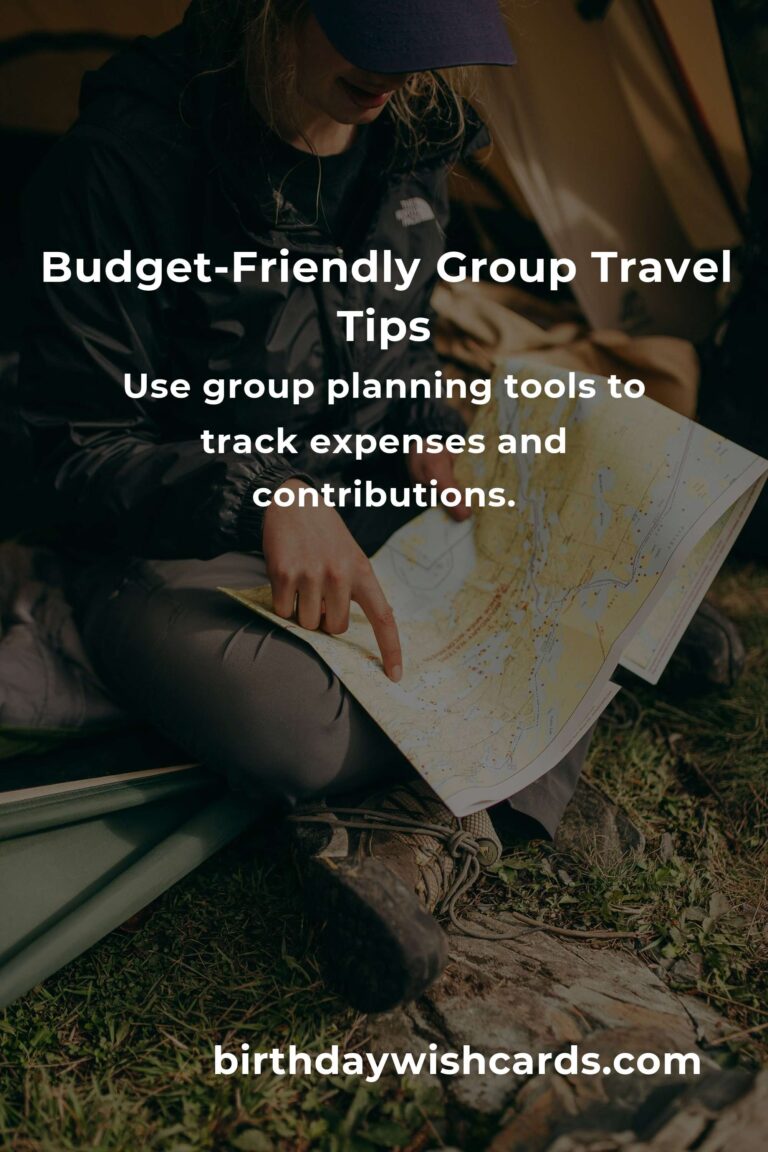
Traveling with a group can be an exciting and rewarding experience, but it also presents unique financial challenges. Proper budgeting is crucial to ensure that the trip is enjoyable for everyone involved without unexpected expenses causing stress. This guide provides essential tips to help you effectively manage the finances for a group trip.
1. Set a Clear Budget from the Start
Before planning any trip details, it is vital to set a clear and realistic budget. Discuss with all the group members to decide on a total budget that everyone is comfortable with. This budget should cover all potential expenses including accommodation, transportation, food, activities, and emergencies.
2. Use Group Planning Tools
There are several online tools and apps designed to help groups plan trips effectively. Tools like Splitwise or Travefy allow groups to track expenses and ensure everyone contributes their fair share. These tools also help keep everyone informed of any changes in the budget or itinerary.
3. Choose Cost-Effective Accommodations
Staying in a hotel might not always be the most cost-effective option for large groups. Consider alternatives such as vacation rentals, hostels, or even group camping if it suits the group’s preferences. These options can often provide more space and amenities for a better price.
4. Plan Meals Wisely
Food can be one of the most significant expenses on a trip. To manage this cost, consider cooking some meals if you have access to a kitchen. Planning group meals and shopping at local markets can significantly reduce the cost of dining out for every meal.
5. Book in Advance
Booking flights, accommodations, and activities in advance can often lead to significant savings. Many service providers offer discounts for early bookings, which can help keep the trip within budget. Additionally, planning ahead allows time to compare prices and find the best deals.
6. Create a Contingency Fund
Unexpected expenses can arise at any time during a trip. It’s wise to set aside a contingency fund to cover unforeseen costs, such as medical emergencies or transportation issues. This fund should be a small percentage of the total budget and should be agreed upon by all group members.
7. Communicate Openly About Finances
Open communication is key to successful financial planning. Ensure that all group members are involved in financial discussions and decisions. This transparency helps prevent misunderstandings and ensures that everyone is on the same page regarding expenses.
8. Assign a Financial Coordinator
Appointing a financial coordinator can streamline the budgeting process. This person will be responsible for managing the budget, collecting funds, and paying for group expenses. The financial coordinator should be someone who is organized and trustworthy.
Conclusion
Budgeting a group trip requires careful planning and communication, but it can lead to a more enjoyable and stress-free experience for everyone involved. By following these tips, you can ensure that your group trip stays within budget while maximizing fun and adventure.
Set a clear and realistic budget at the start of planning. Use group planning tools to track expenses and contributions. Choose cost-effective accommodations like vacation rentals or hostels. Plan group meals to manage food expenses efficiently. Book flights and accommodations in advance for potential savings. Create a contingency fund for unexpected expenses. Communicate openly about finances to prevent misunderstandings. Appoint a financial coordinator to manage the budget.
#GroupTravel #BudgetingTips #TravelPlanning #FinancialAdvice #TravelHacks












